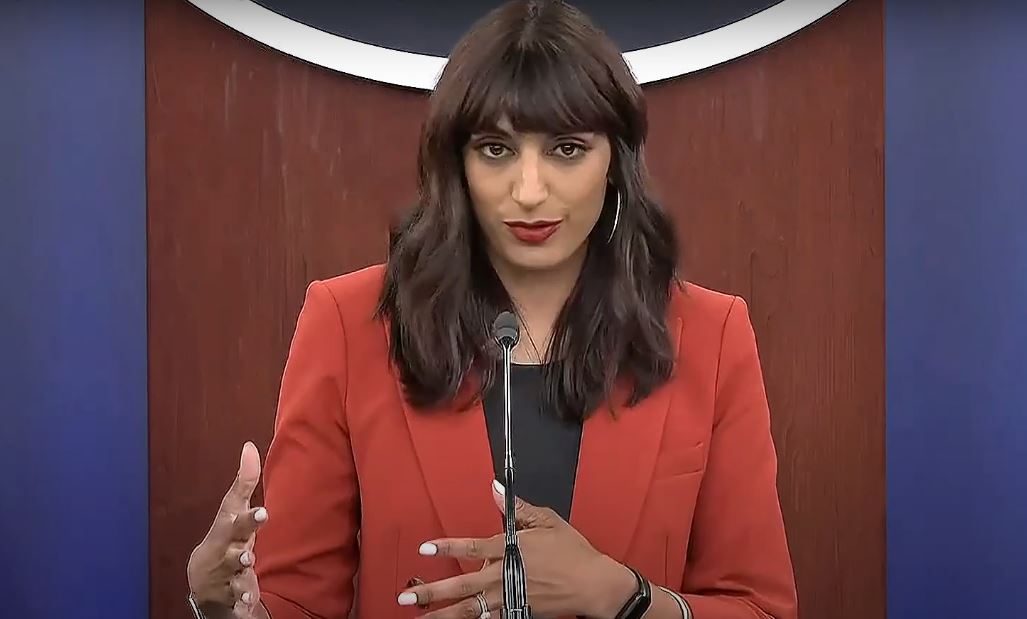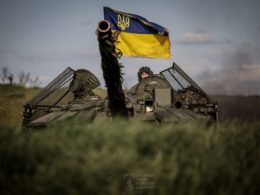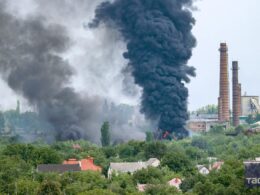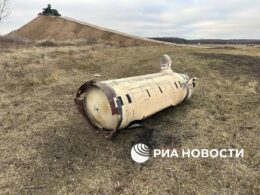During a briefing on 5 September 2024, Pentagon Deputy Press Secretary Sabrina Singh addressed questions about the US reluctance to allow Ukraine to use US-supplied long-range weapons, such as Army Tactical Missile Systems (ATACMS).
Singh reiterated that according to US intelligence assessments,
"90% of Russian aircraft launching the glide bombs and firing missiles against Ukraine are at airfields that are 300 km away from Ukrainian-controlled territory, so these airfields now put them out of ATACMS range."
White House National Security Communications Advisor John Kirby stated the same a day earlier.
Singh said ATACMS would not be able to reach these airfields, and added:
"Therefore, the challenges posed by these [Russian-launched] glide bombs would still remain. And even if Ukraine were to use ATACMS against the very small percentage of airfields that remain in range, we've seen the Russian military move those airfields back. So again, the impact would be very little and have very little strategic value."
The Pentagon official acknowledged multiple factors influencing the US decision on the long-range strike ban, with the limited number of ATACMS and the potential for escalation being the primary concerns. Singh noted,
"There is a limited number of ATACMS—there isn't an abundance of these long-range capabilities. And of course, one thing we're always assessing is escalation, and that's something we've been very clear about from the beginning."
Singh highlighted Ukraine's successful use of ATACMS in reclaiming territory in the country's south and east, stating that the US continues to work with Ukraine on directing their firepower effectively, particularly in addressing challenges in Ukraine's east.
When asked about the possibility of loosening restrictions during Ramstein Contact Group talks on 6 September, Singh said she can't predict the future, but"right now, there's no change to US policy."
This position comes in response to renewed calls from Ukrainian President Volodymyr Zelenskyy for partners to lift restrictions on the range of Western weapons following several deadly massive attacks on Ukraine.
According to ISW analysts, there are at least 245 military facilities in Russia within the range of US-provided ATACMS missiles.
Related:
- Kirby says US upholds ATACMS missile restrictions for Ukraine, claiming 90% Russian aircraft beyond range
- Reuters: US close to agreeing on JASSM long-range missiles for Ukraine
- Ukraine presents target list, requests US lift ATACMS restrictions for deeper strikes in Russia
- Kuleba: Intercepting Russian missiles won’t make NATO countries party to the war
- Borrell pushes for unrestricted weapon use, condemns Russian attacks on Ukrainian civilians
- Hundreds of Russian military targets within range of Ukrainian ATACMS, ISW finds





